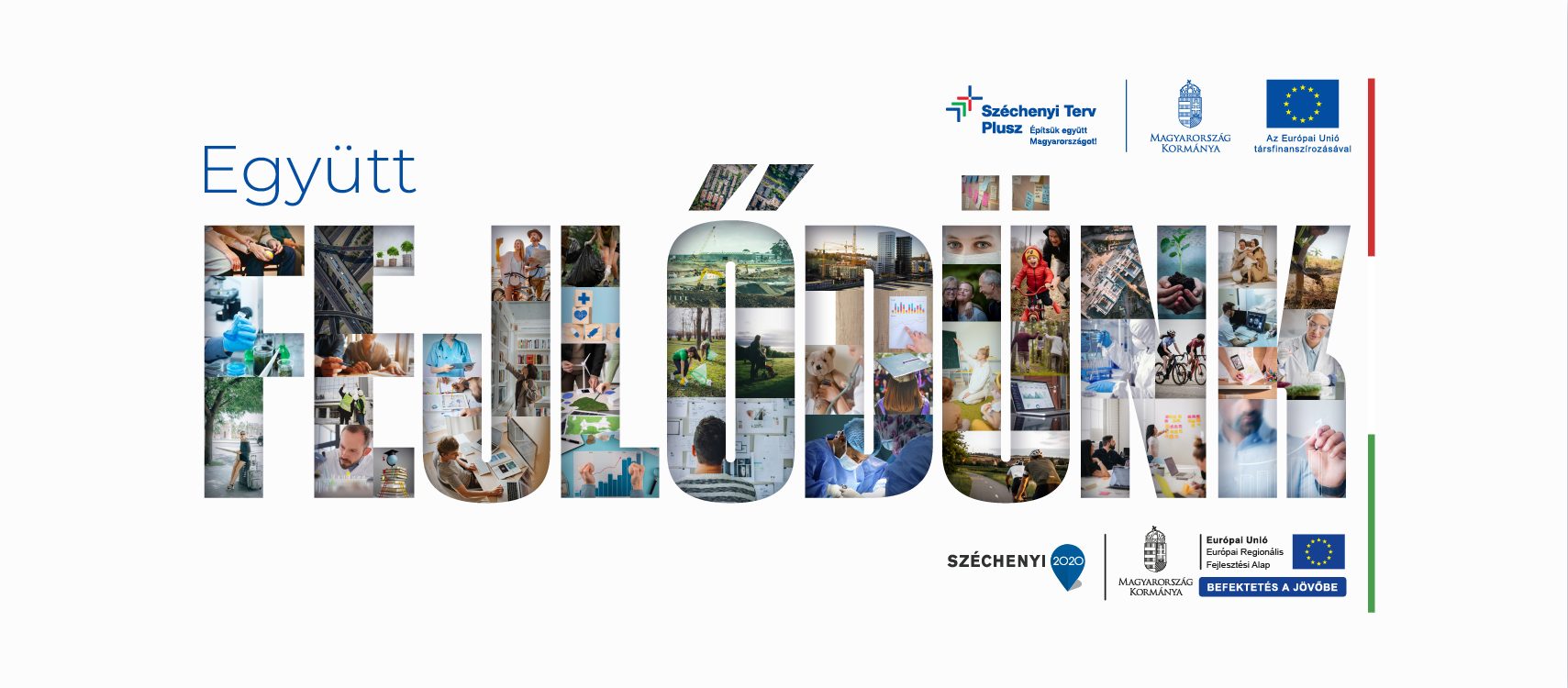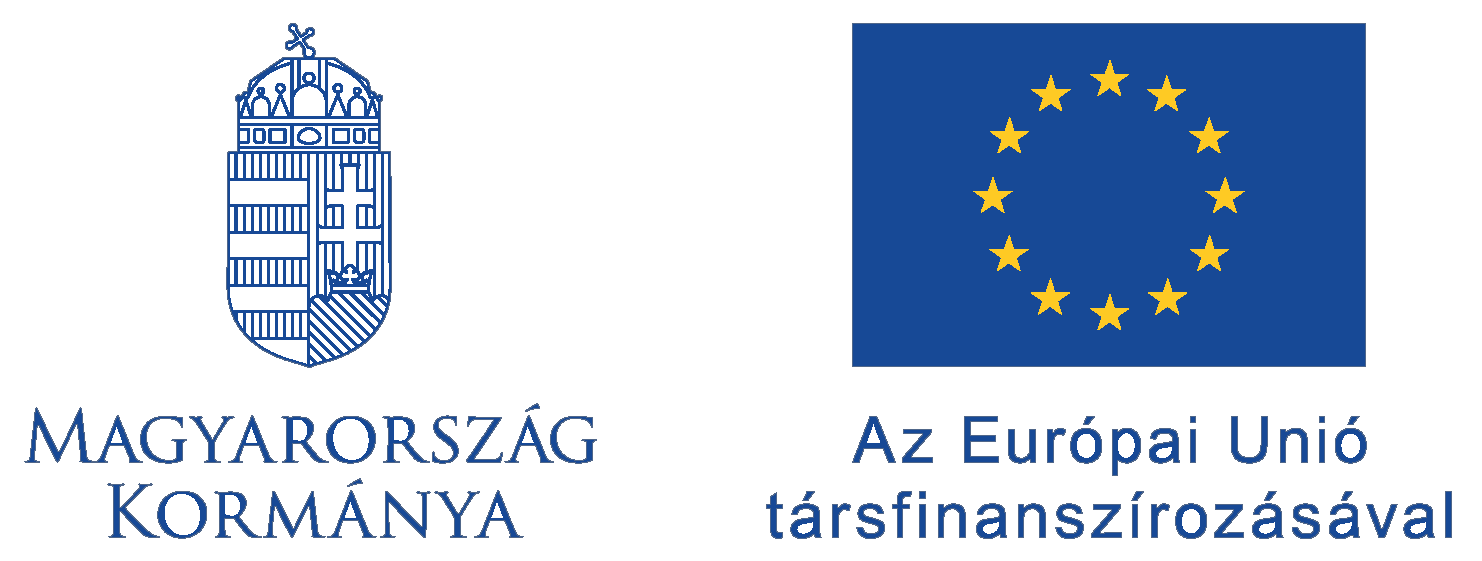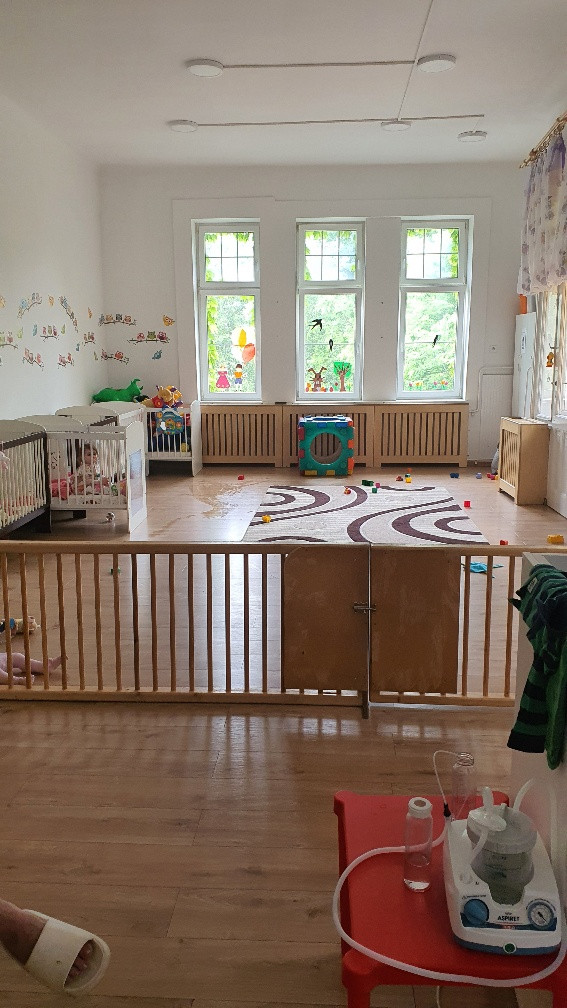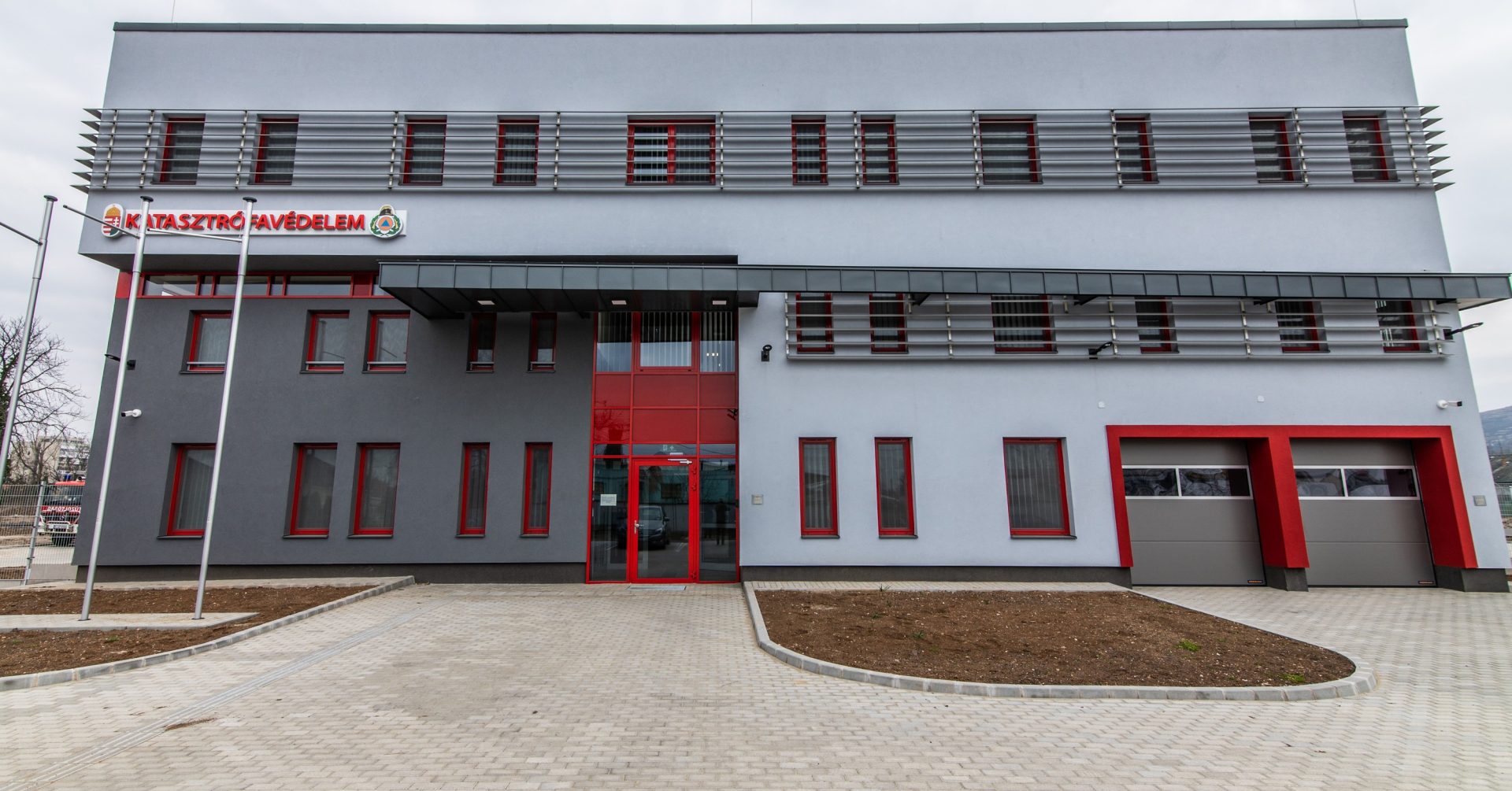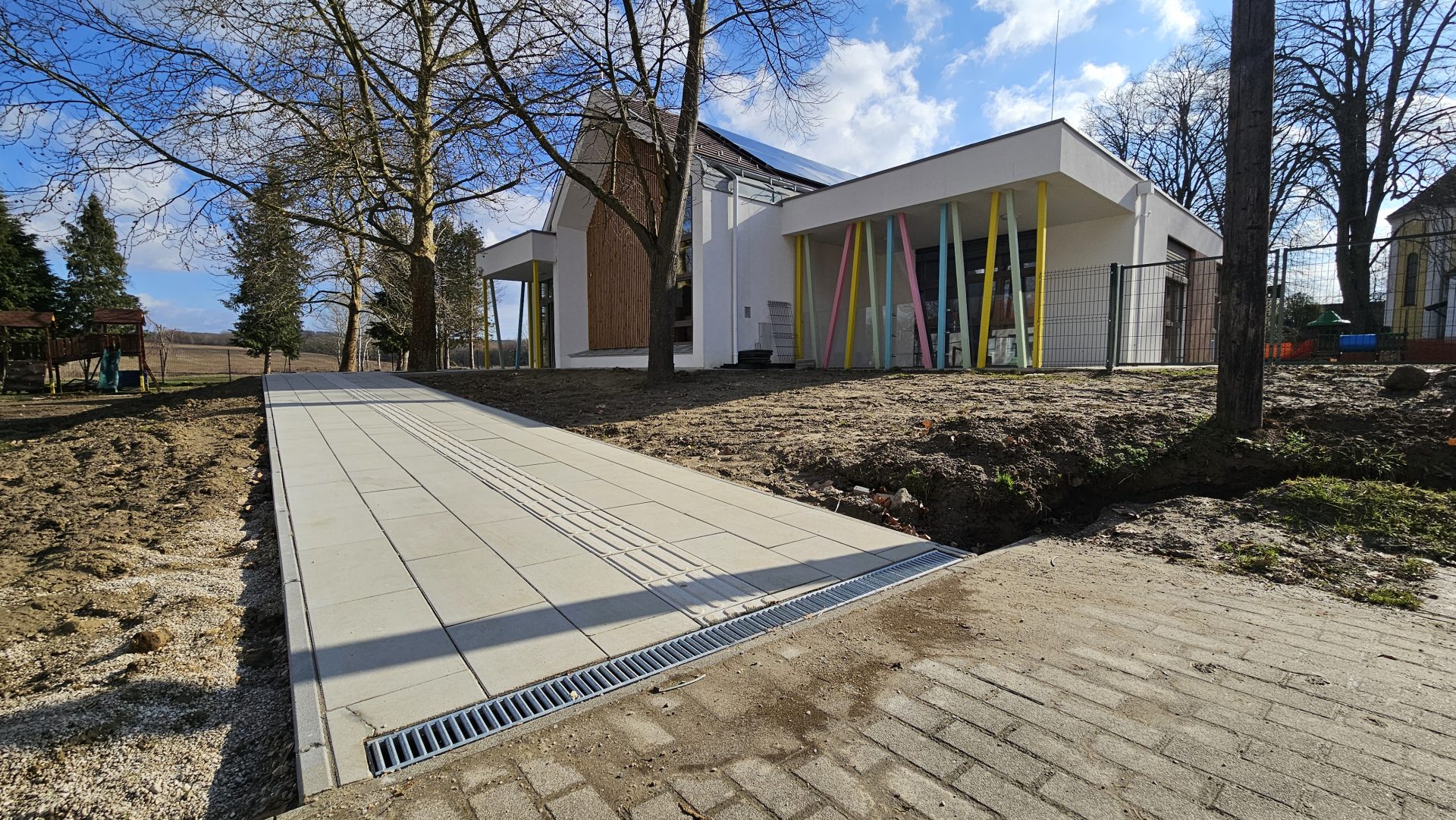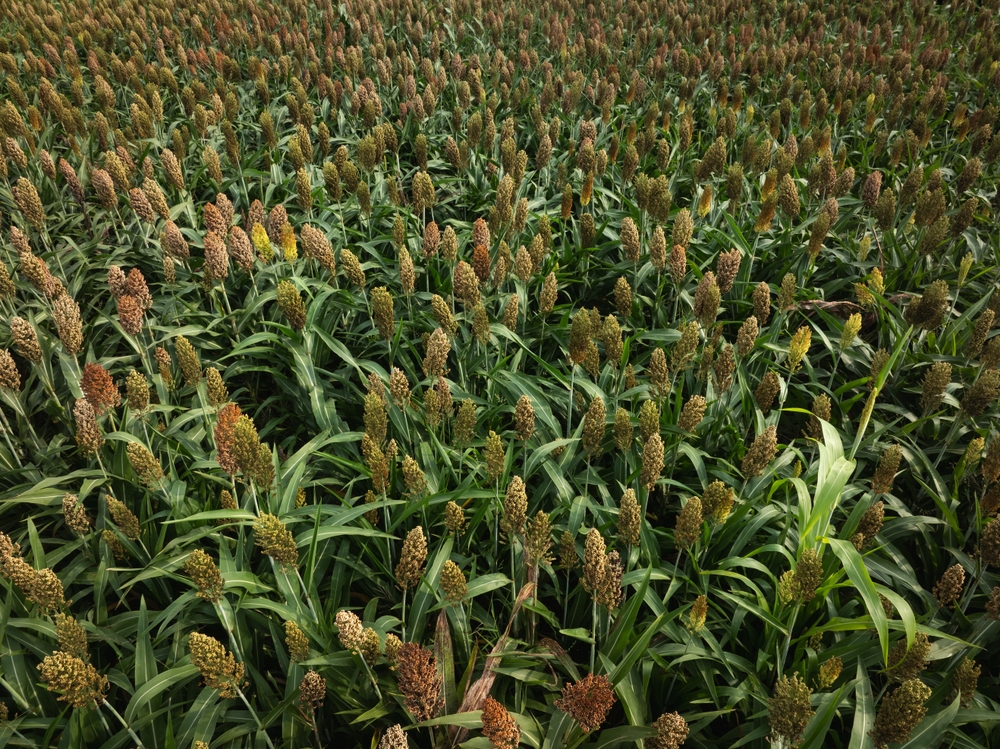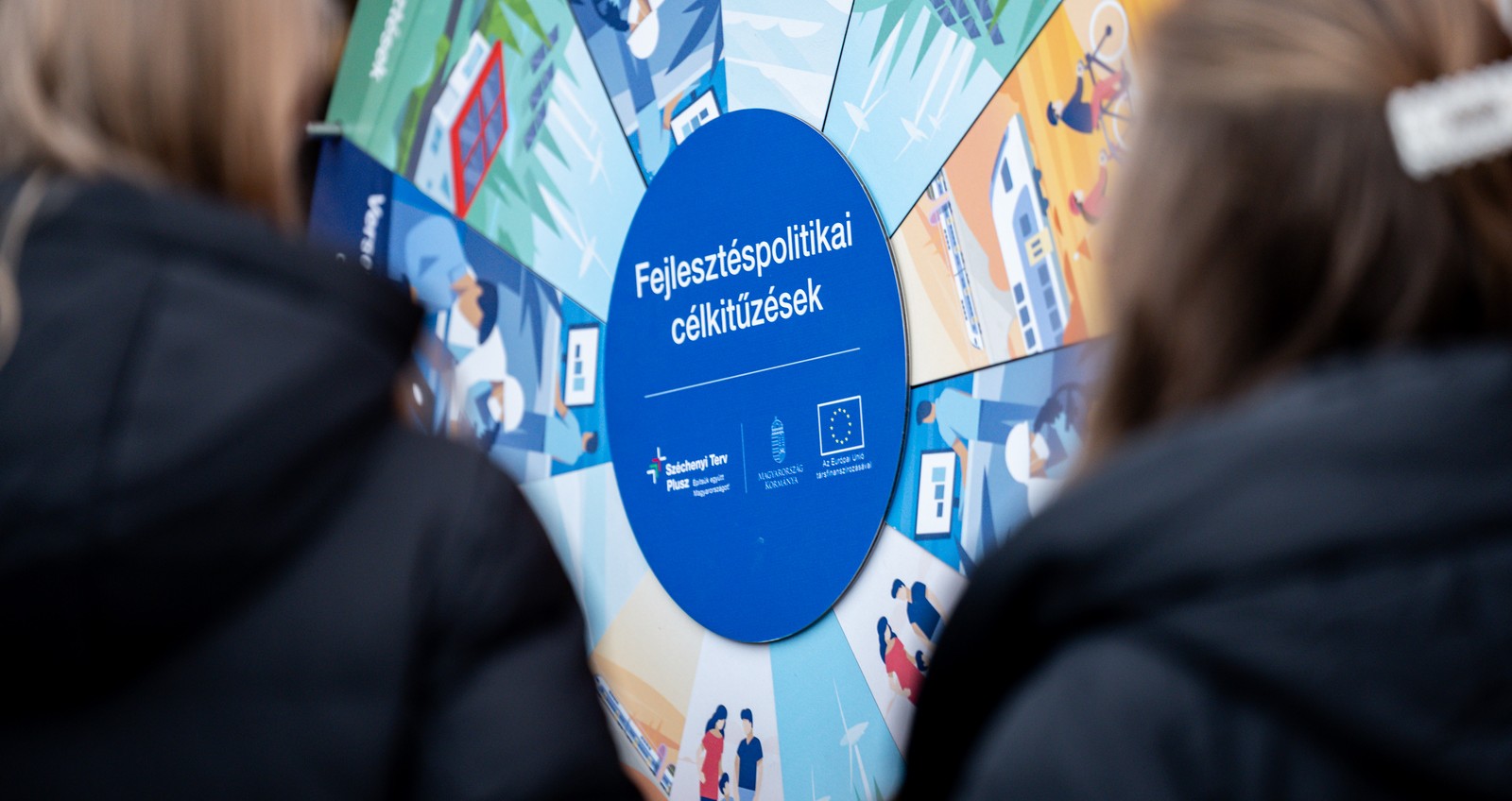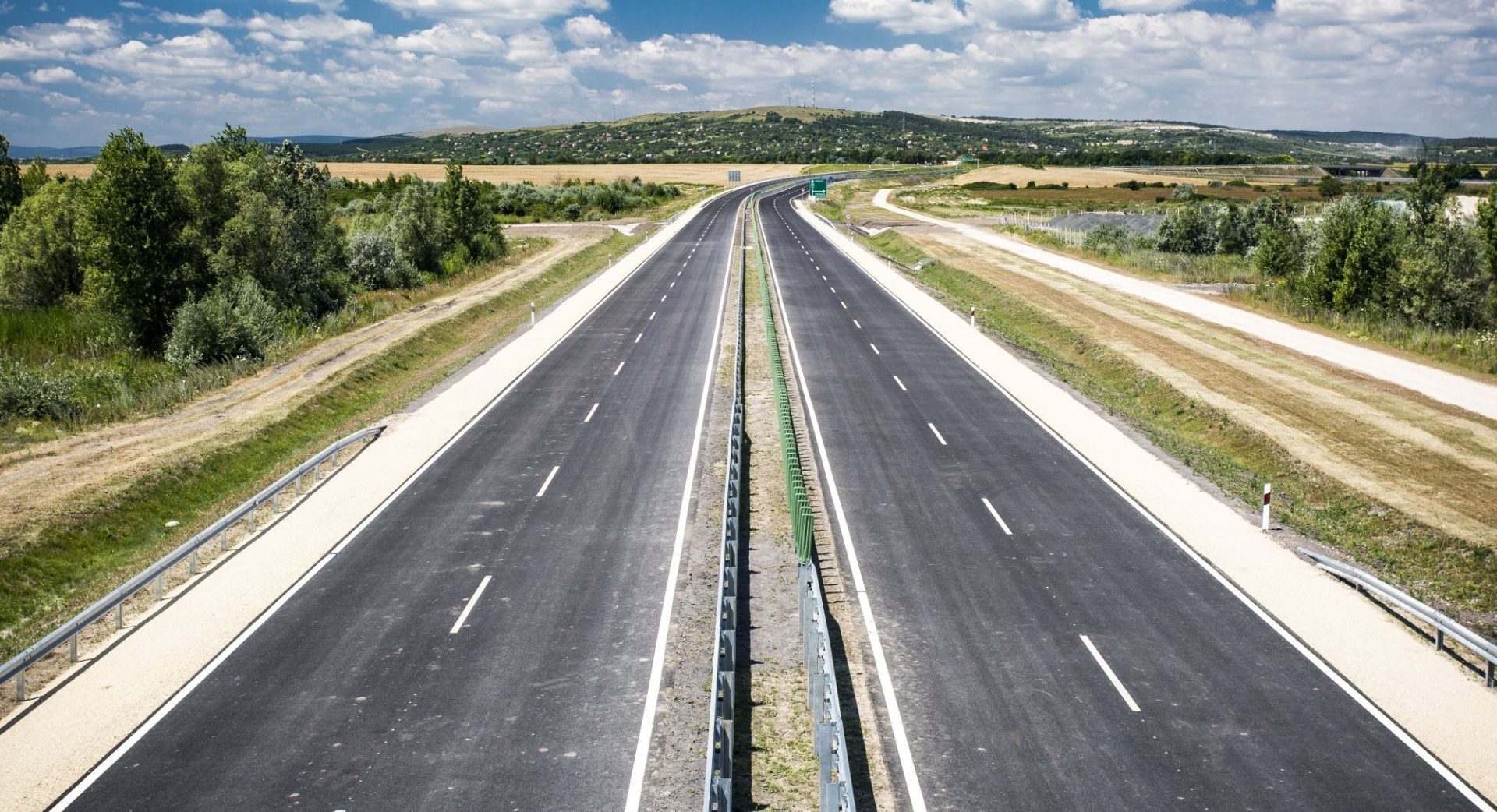At 31 Kmety street in Budapest stands a building that, for decades, has been much more than just a facility. It’s a place where young children removed from their families can start over — a place where they find safety, care, and attention. But time had taken its toll, and the building was in need of both physical and professional renewal.
The children’s home, part of the Sztehlo Gábor Children’s and Disability Care Homes network, offers 40 places and has now undergone a full-scale renovation. As part of the transformation, two modern and well-equipped group rooms were created, designed to provide a safe and comfortable space that supports the children’s daily routines. Office spaces were also reorganized to improve staff workflow, and the entire IT system was upgraded — an essential step for smooth daily operations.
Renovations extended to other parts of the building as well: sections of the roof on the courtyard outbuilding were replaced, interior walls were repainted, rainwater drainage systems were improved, and necessary waterproofing was completed. Special attention was given to the outdoor environment too. The garden was landscaped, and new, modern play equipment was installed to give children more opportunities for fun and physical activity. The home’s convenient location and easy access to public institutions also help support the children’s social integration and educational opportunities.
Thanks to energy-efficient solutions and thoughtful operational planning, the children’s home is now more cost-effective to run — ensuring that the improvements aren’t just temporary, but a sustainable investment in the future.
This EU-funded project was about more than just bricks and mortar. It also supported long-term professional goals. The modernization created better working conditions for staff, while the smaller group settings and uplifting environment brought renewed energy to their work. This wasn’t just a renovation — it was the creation of a true community space, one that lays a solid foundation for a safe and supportive environment where children can grow and thrive.
The development was implemented from EU funding in the project VEKOP-6.3.1-16-2016-00008 under the Competitive Central Hungary Operational Program.
Find out more about the project in the Project Finder:Details
